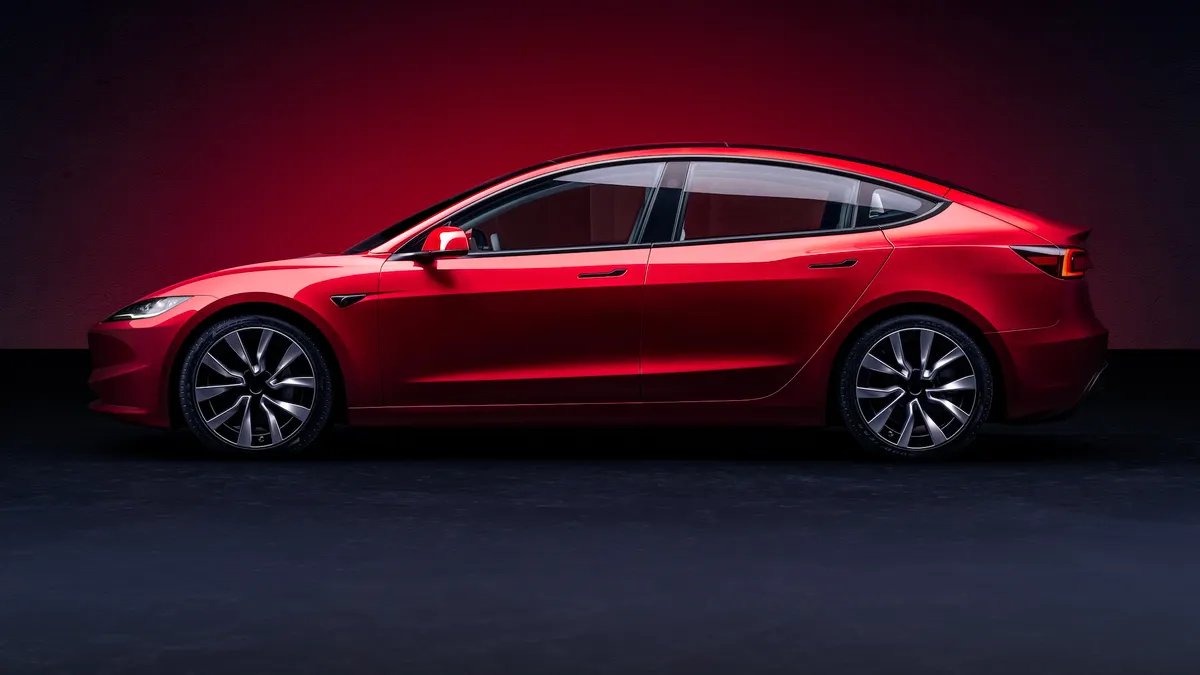Editor's note: This story is part of the WardsAuto digital archive, which may include content that was first published in print, or in different web layouts.
Artificial intelligence is a technology that is quickly evolving from a mysterious and out-of-reach tool used by big tech, the military and social media giants, to a near-ubiquitous necessity for brands and businesses across a wide and expanding range of industries.
One of the most exciting frontiers of AI innovation is industrial and automotive manufacturing, where more accessible, affordable, and effective AI-powered tools already are demonstrating the potential to fundamentally alter the landscape of how things are built.
The best of this new generation of AI systems and solutions are designed for real use in real working environments, accomplishing a virtually unlimited range of tasks quicker, easier and more efficiently. These tools dramatically reduce and even eliminate assembly errors while boosting safety and productivity in the process.
Specifically in automotive manufacturing, where parts and processes are designed and built to demanding specifications, the ability to make or assemble components and products on time, the first time, every time is a significant competitive advantage.
What follows is an overview of the top three ways AI tools will continue to disrupt and transform automotive manufacturing environments in the years ahead:
Operator Corrective Assistance
Some automotive manufacturers have turned to fully automated manufacturing and assembly processes with varying degrees of success. But full automation is enormously costly and not always efficient or cost-effective. It’s frequently preferable to have human workers doing the job – with training and tools in place that boost their performance and ensure tasks are performed correctly.
AI-powered “Smart Stations” utilize live video feeds to ensure operators are picking the right parts, following the right processes and assembling finished components and products in the correct build order. With “No-Faults-Forward” functionality, processes are functionally error-proofed. These new manufacturing tech solutions are also ideal training tools, teaching human operators how to do their job step-by-step and dramatically reducing training costs and flattening the learning curve.
Quality Control
In the automotive space, where improperly assembled parts and products literally can be a matter of life and death, the quality control stakes are high. Lighting changes, camera movement and a range of other mechanical and environmental issues limit the utility of traditional vision systems. But the power of AI and deep learning has made a formerly unstable solution now robust and accessible.
The new generation of cutting-edge quality control tools don’t suffer diminished performance due to changes in lighting, camera and/or part positioning. Not only does this represent a transformative leap forward in automated quality control capabilities, it also allows human quality control technicians to be deployed to more critical manufacturing tasks.
Predictive Maintenance
One of the most exciting ways in which AI-powered tech is transforming automotive manufacturing is its potential to add human intelligence to the process of predictive maintenance. Traditional methods of preventive maintenance include set schedules and costly, less-than-effective monitoring of things such as infrared temperature trends and vibration analysis.
But with the right AI tool and a simple sound pickup, it is now possible to hear the most subtle variations in equipment operation long before it is audible to human ears. AI-enabled systems can “hear” these pitch or tonal changes in equipment and alert technicians who can audibly confirm and classify these anomalies so maintenance can be scheduled before they bring production to a grinding halt.
The bottom line: New AI tools deliver unprecedented process refinement, predictive maintenance, visual detection and quality control capabilities. And they do it with practical and affordable new technology that unlocks limitless scalability and endless possibilities. Automotive manufacturers can look forward to an AI-powered future where they can scale quicker, make fewer errors and operate more flexibly and profitably.
Kevin Kerwin (pictured above, left) is the CEO and founder of Detect-It, a tech startup specializing in neural networks and AI systems based in Oak Park, MI.


















